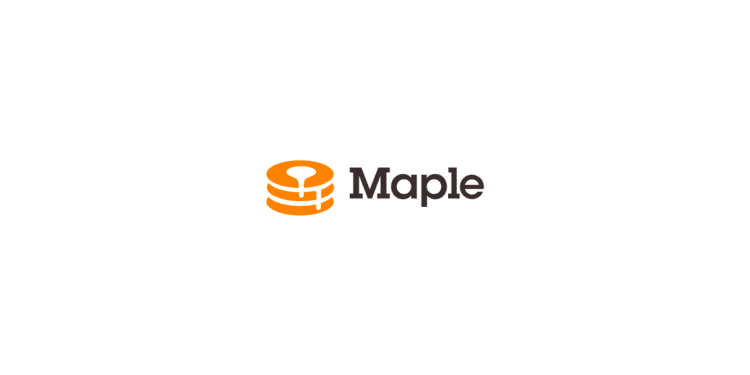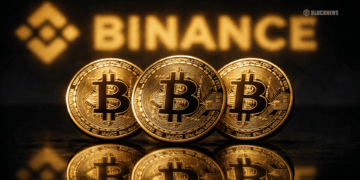With a new Cash Management Pool that offers more security and transparency than current on-chain products, Maple Finance has made one-month U.S. Treasury rates available to authorized investors outside of the United States.
- Accredited investors outside of the United States now have access to one-month U.S. Treasury yields thanks to Maple Finance’s Cash Management Pool.
- Due to regulatory requirements, the offering is not accessible to individuals or firms based in the United States.
New Cash Management Pool
A new Cash Management Pool has been launched by Maple-Finance, a blockchain institutional capital marketplace, enabling authorized investors and businesses outside the United States to receive yields on one-month U.S. Treasury securities. The pool will distribute yield on reverse repurchase agreements and one-month U.S. Treasury notes to lenders, with fewer costs, with cryptocurrency hedge fund Room40 Capital acting as the only borrower through a particular purpose vehicle (SPV).
Features of Maple Finance’s Cash Management Pool
An on-chain management protocol called the Cash Management Pool, which went live on April 19, seeks to allow authorized investors outside the United States access to U.S. Treasury yields. The pool provides a higher level of security and transparency than existing on-chain “risk-free rate” services, claim Maple developers. This is so lenders have full recourse over all assets because all-pool assets are housed in a separate SPV that a licensed prime broker maintains.
Furthermore, there is no lock-up period, and interest starts accumulating as soon as the money is deposited. The borrower’s portfolio of assets held with a licensed broker is also visible to lenders in real time, and interest statements are always available for download. Since the onboarding procedure takes 10 to 15 minutes, investors can easily participate.
Since its establishment, the Cash Management Pool has originated loans totaling about $1.9 billion and is currently accessible on the Ethereum and Solana blockchains. Even though the offering is not open to U.S. citizens or organizations, accredited foreign investors can still obtain U.S. Treasury yields through a safe and open platform.
Benefits for Non-U.S. Accredited Investors
For certified investors outside the United States, the Cash Management Pool may offer several advantages. It first gives access to U.S. Treasury rates, which are usually regarded as secure and reliable investing. Investors who participate in the pool can reduce risk while increasing their return on investment.
Compared to other on-chain services, the pool provides a superior level of security and transparency. To reduce counterparty risk and give lenders complete recourse to overall assets, Maple Finance holds pool assets in a standalone SPV managed by a licensed prime broker. Investors may feel more at ease and confident in the platform as a result. Lastly, the Cash Management Pool offers a quick and easy onboarding procedure. Investor participation in the platform and access to U.S. Treasury yields may become more straightforward.
Regulatory Requirements
While the Cash-Management Pool gives non-U.S. authorized investors several potential advantages, it also needs to abide by legal regulations. Since U.S. Treasury bills are considered securities, derivatives using them as the underlying asset cannot be sold to U.S. investors without being registered with or granted an exemption by the SEC. According to Maple Finance, the offering is not available to U.S. persons or businesses, suggesting that it is made to abide by these rules. Nevertheless, it must ensure that it complies fully with all applicable securities rules and regulations in the countries in which it conducts business.
Conclusion
Through a safe and open platform, Maple-Finance’s Cash Management Pool offers non-U.S. accredited investors a novel approach to acquiring U.S. Treasury rates. The pool may draw a broad spectrum of investors by providing a higher level of security and transparency than current on-chain products and an easy onboarding process. But it must also ensure that it complies with all applicable securities rules and regulations in the relevant jurisdictions.














